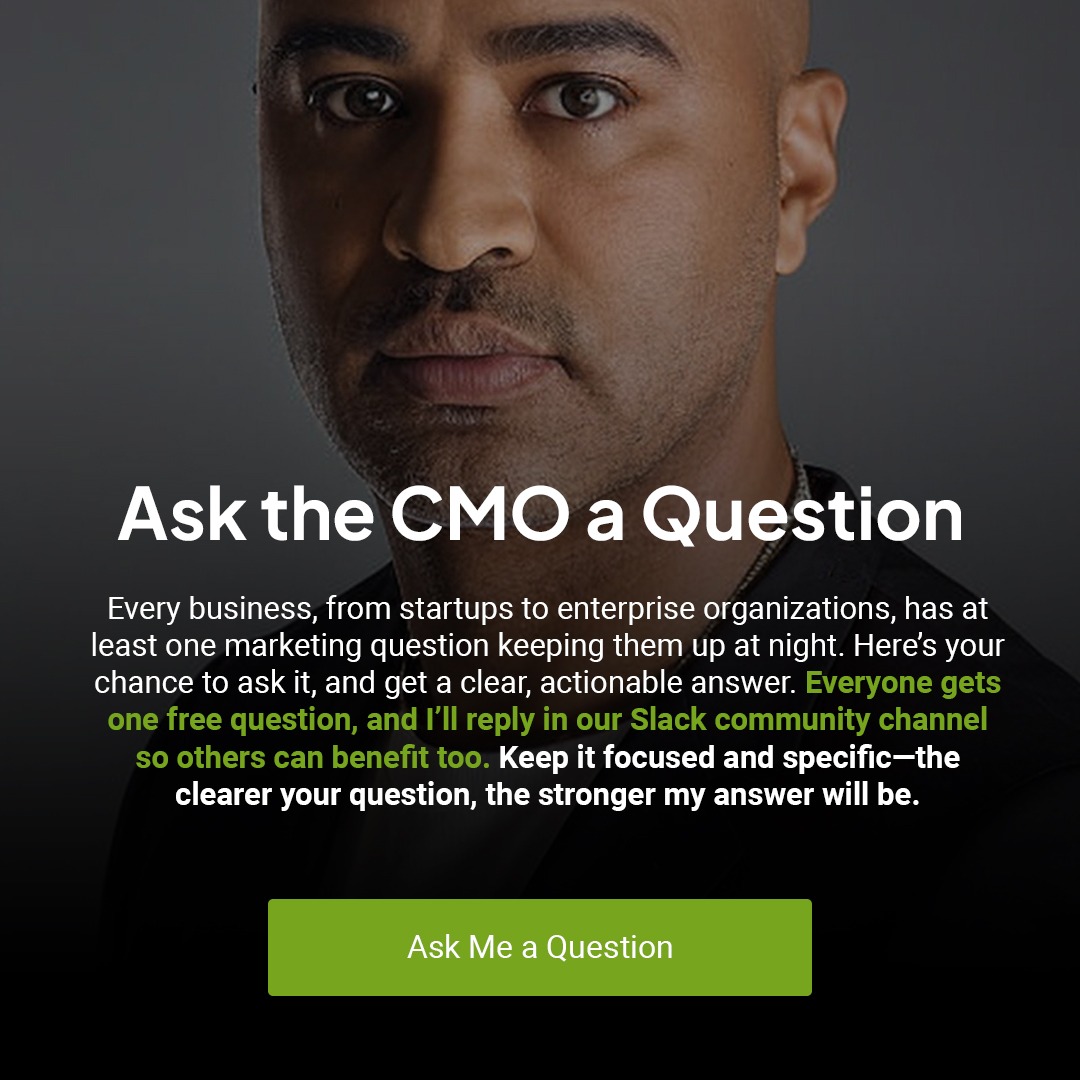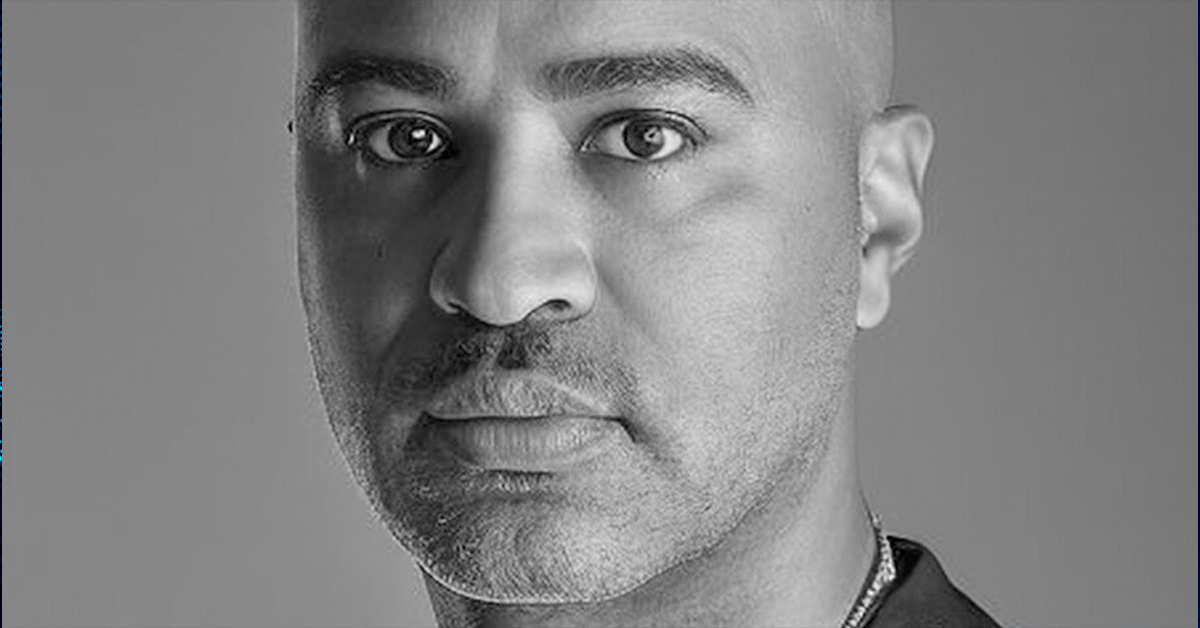The startup myth goes like this: work 20-hour days, pivot constantly, chase the high of the new. That’s what makes a founder, right? Wrong. While creativity and hustle matter, the founders who actually scale are the ones who trade chaos for systems, inconsistency for rhythm, and emotion for clarity.
This article examines why discipline—not inspiration—is the underlying driver of sustainable growth.
What Discipline Actually Looks Like for Founders
Discipline doesn’t mean rigidity or perfectionism. It means showing up with intention, sticking to strategy, and resisting the constant temptation of distractions. It’s about prioritizing what matters and ignoring the rest. A disciplined founder knows that every shiny object has a cost, and every shortcut taken today may lead to long-term friction.
Instead of chasing every opportunity, disciplined founders define the right problems and commit to solving them with process, not panic. They foster predictable momentum through accountability, structure, and consistent follow-through, earning the team’s trust not through charisma, but through clarity.
Chaos Drains, Systems Scale
The hidden cost of chaos is the exhaustion it creates. When every week is a pivot and every new idea derails the roadmap, teams burn out. Priorities blur. Metrics lose meaning. Chaos feels fast, but it’s actually fragile.
On the other hand, discipline breeds calm urgency. Founders who invest in operational clarity make better decisions, achieve faster execution, and expend less energy. They build trust with their team by protecting the roadmap and focusing on the long game.
For example, instead of introducing new initiatives every Monday, a disciplined founder establishes a quarterly goal cycle. They set the plan, communicate it clearly, and stick to it, evaluating progress on a weekly basis, not whimsically.
Discipline in Practice: Traits and Tactics
Let’s take a closer look at what disciplined founders actually do:
They protect the roadmap. They don’t allow shiny new ideas to disrupt what has been committed. New suggestions are logged, reviewed periodically, and prioritized only when strategically necessary. This helps the team build trust in the company’s direction.
They run structured meetings. Every meeting has a clear purpose, agenda, and outcome. There’s no “vibing” through decision-making. Time is treated as a scarce resource, and follow-through is expected.
They follow through. Commitments—whether to investors, customers, or employees—are fulfilled. If timelines change, communication is proactive and clear.
They hold quiet power. They don’t need to constantly perform “visionary founder” energy. Their presence is felt through consistency and decisiveness.
To see how this structured approach supports growth, refer to “Why Storytelling Is Essential for Your Brand,” where clarity and discipline drive trust and traction.
Systems Are Not Bureaucracy—They’re Freedom
There’s a false belief in startup culture that systems slow things down. The truth is, chaos slows you down. Systems reduce friction and create space for strategic thinking.
Instead of relying on adrenaline and all-nighters, founders who invest in systems:
- Use documented playbooks that speed up onboarding and handoffs
- Track leading indicators that signal issues before they become fires
- Conduct postmortems that fuel learning and iteration
- Standardize reporting so that everyone has access to the same data, reducing misalignment
This structure is not bloat. It’s the infrastructure that allows scale without burnout.
Case Study: From Reactive to Relentless
A seed-stage SaaS company we advised had a charismatic CEO with no clear direction or cadence. One week, they were focused on partnerships, the next on fundraising, then suddenly switched to a product redesign mid-sprint.
The team was stressed, disoriented, and unsure of what success looked like. Churn climbed. Morale dropped.
We introduced weekly OKR check-ins, streamlined planning by consolidating it into a product backlog, and added monthly alignment meetings with leadership. Within a quarter:
- Execution velocity improved measurably
- Burnout declined as work became more predictable
- Churn dropped by 22% due to more consistent product updates and customer success focus
This wasn’t due to a brilliant new idea—it was due to discipline.
How to Cultivate Founder Discipline
Discipline isn’t innate. It’s built. Here’s how:
Establish a weekly operating cadence. Decide what happens every Monday, Wednesday, and Friday—and keep that rhythm sacred. Consistency beats intensity.
Commit to fewer initiatives. Pick 2–3 core priorities per quarter. Say no to everything else. Overcommitment is the enemy of execution.
Document once, iterate later. Whether it’s onboarding, sales, or marketing, codify your processes early so you don’t start from scratch each time.
Audit yourself monthly. Track where you slipped into chaos. What broke? What drifted off course? Self-reflection is part of systemization.
Work on the business, not just in it. Carve out weekly time to assess your systems, feedback loops, and strategic alignment—not just your to-do list.
Conclusion: Boring Is the New Brilliant
The most successful founders aren’t the ones tweeting at midnight about how little they sleep. They’re the ones quietly building, iterating, and executing. Discipline isn’t a personality trait—it’s a competitive advantage. It’s the operating system of sustainable scale. It’s what keeps the team aligned, the product improving, and the business moving forward. In a culture that idolizes chaos, choose rhythm. Choose consistency. Choose a discipline.
Keep Reading
Want more? Here are some other blog posts you might be interested in.
2026 is not a year for polite forecasts. The mechanics of growth keep changing, and the margin for sloppy thinking keeps ...
You could feel it in the room this year. Not in a vague “the vibe shifted” way. In the practical, stressful ...
He looked across the conference room table at me and said, almost in a whisper, “I hate to be the bad ...
For founders and growing companies
Get all the tips, stories and resources you didn’t know you needed – straight to your email!




